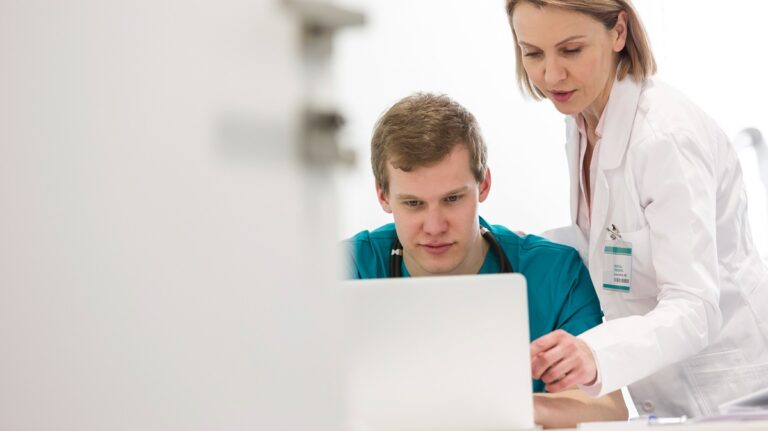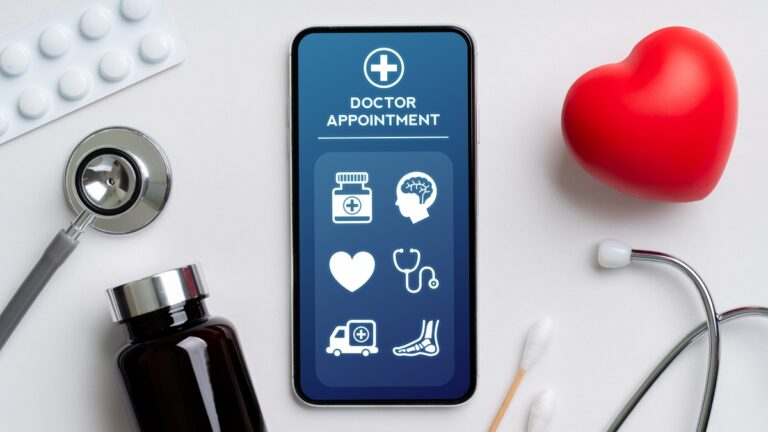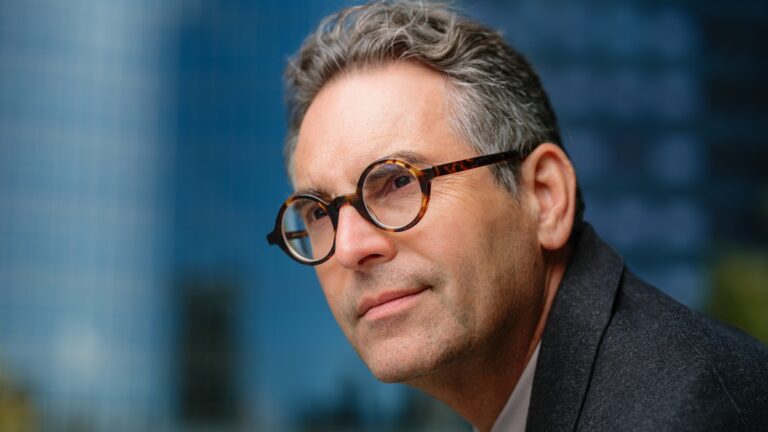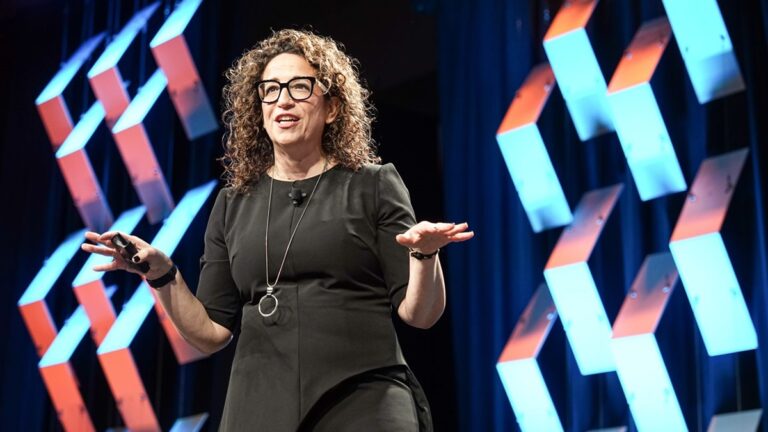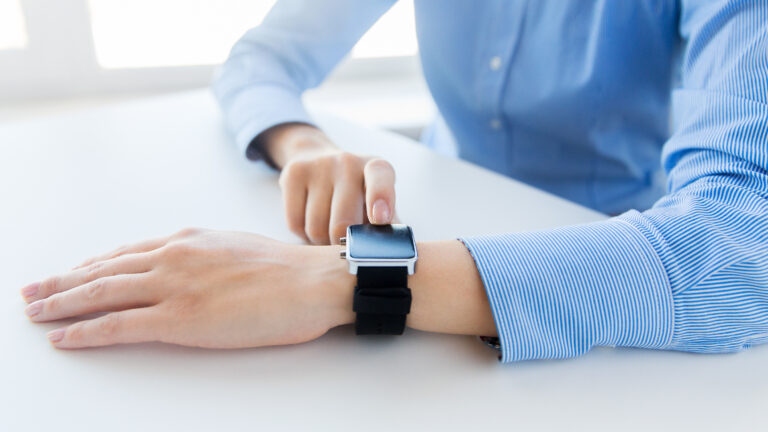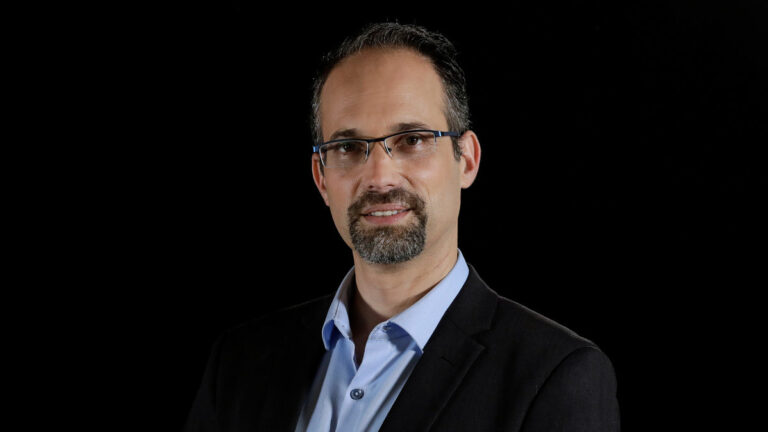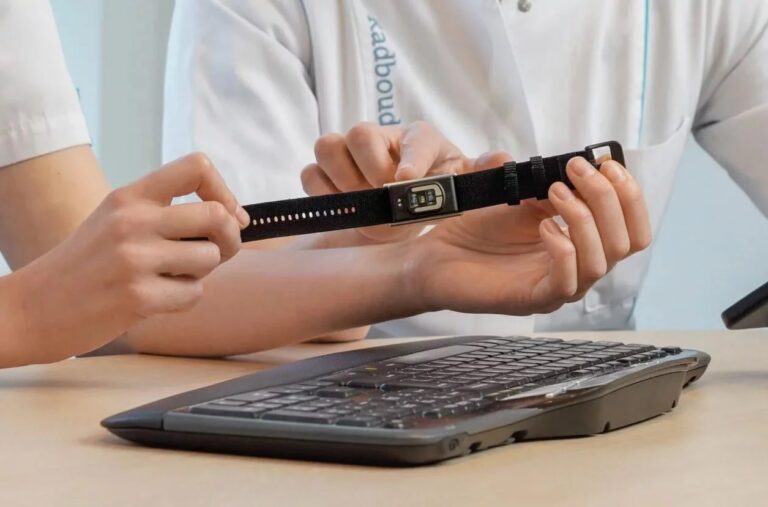We all do it regularly. As soon as some symptoms appear, we used to sit at the computer desk and ask google, what could be wrong with us. Typing in our worries, we expect internet to reveal the truth.
Different studies show, that in average 30-60% patients google symptoms online. Even if most of us don’t suffer from a so-called cyberchondria, the tendency to self-diagnose health problems online to the anxiety-producing results. Internet is neither a medical encyclopedia, nor a reliable source of health advices.
The problem is serious
Google has a strict rules how the pages are ranked. One is sure: The first results we see are not the most reliable ones. Only 5,7% newly published pages – it refers also to medical knowledge and studies – will get to Google Top 10 within a year. Google uses over 200 ranking factors in their algorithm, same for websites about cancer risk factors and funniest videos with cats. That’s why dr Google can often diagnose simply headaches as brain tumor or mood changes as depression. The problem is serious. Researchers from medical firm Bupa found some 47% of searches for an illness — such as headaches — returned at least one result for cancer on the first page. The worst possible option is often the one that stuck in our minds and leads us to make a further research towards a specific illness. We never know what is the quality and reliability of the website, we are not able to relate all the symptoms as we know nothing about the medicine and – least but not last – doctors spend years in college for a reason.
In the Financial Times article, the author – Robert Shrimsley – shows how he let himself to be fooled by dr Google: “As I lay on my side, retching on the 12mm tube that was being worked ever deeper down my throat, I had good reason to reconsider the diagnostic benefits of Dr Google. The subsequent elation that nothing grim had been discovered dissolved over the following hours into an irritation that I had nonetheless allowed the internet to goad me into doing this to myself.”
Explore the topic
The Guardian: “Dr Google knows best: how technology is disrupting our relationships with GPs”


